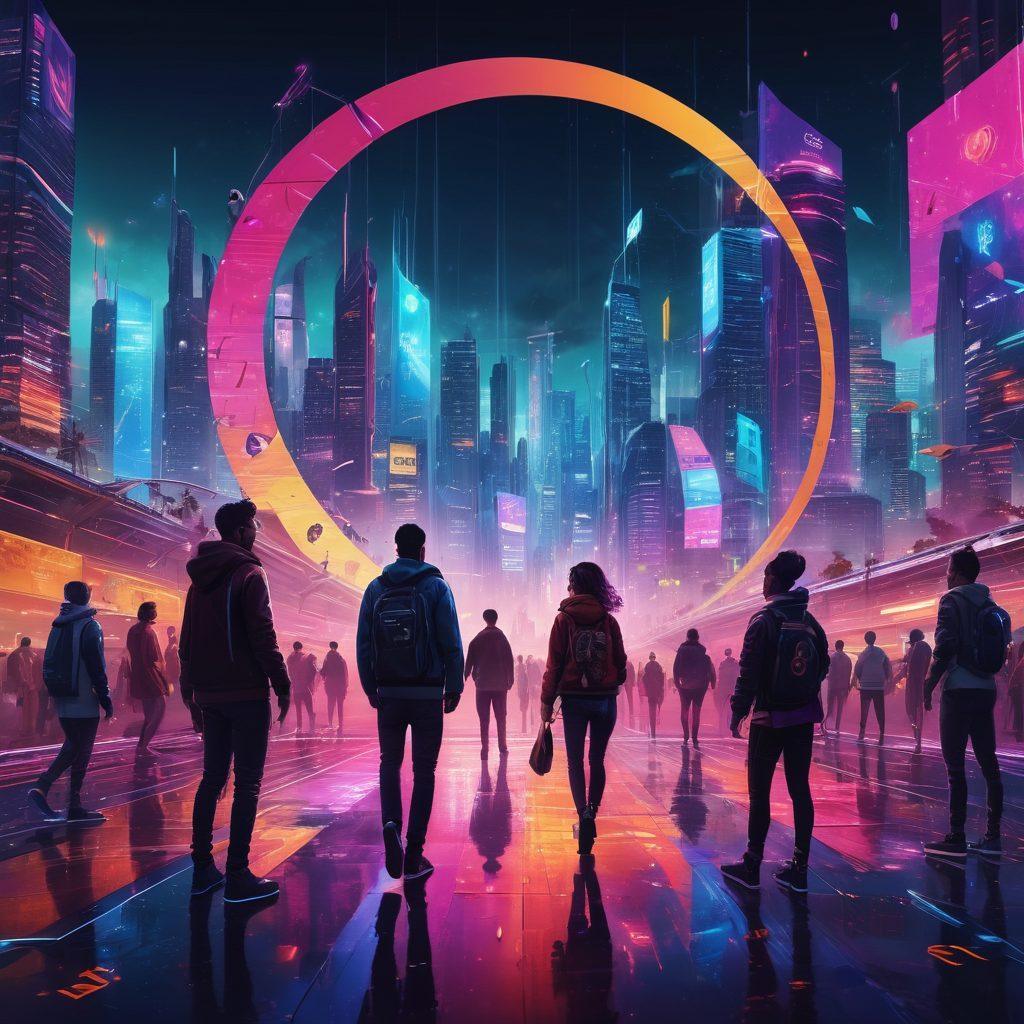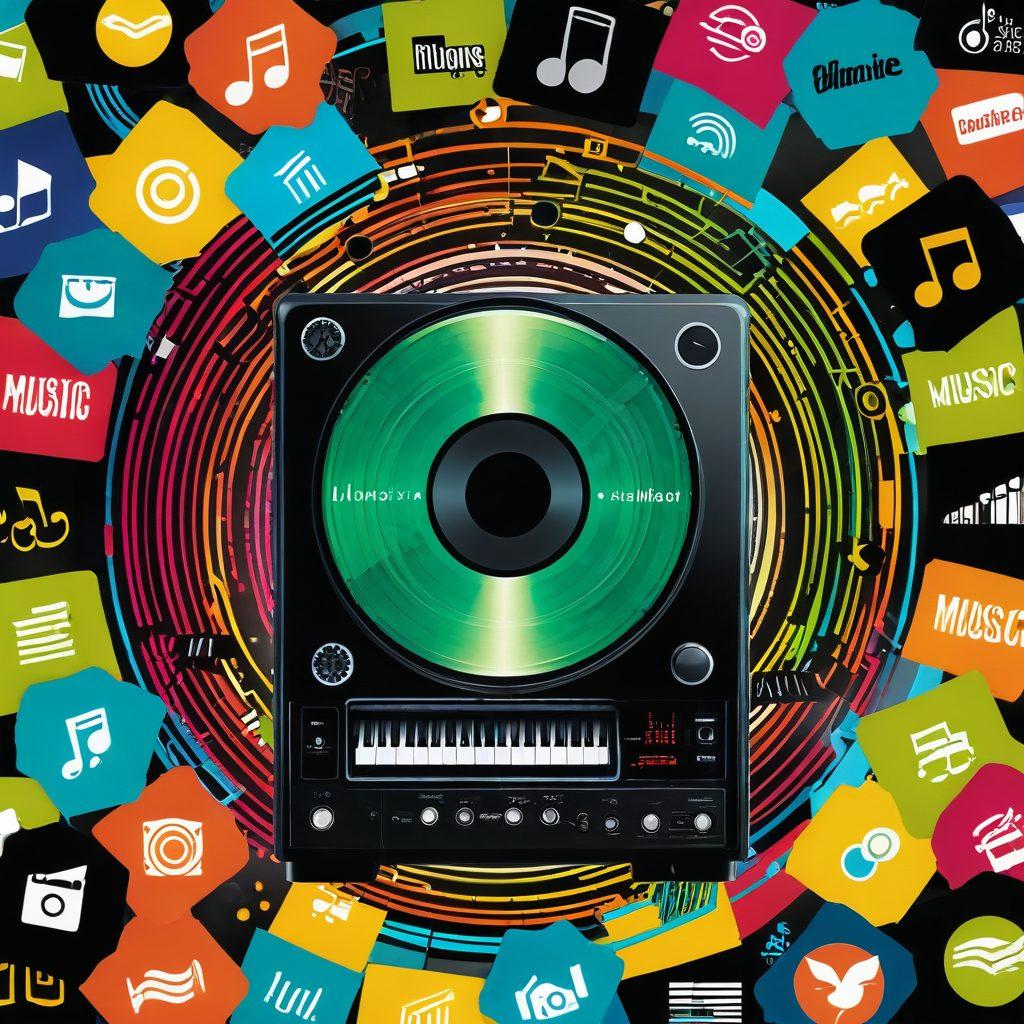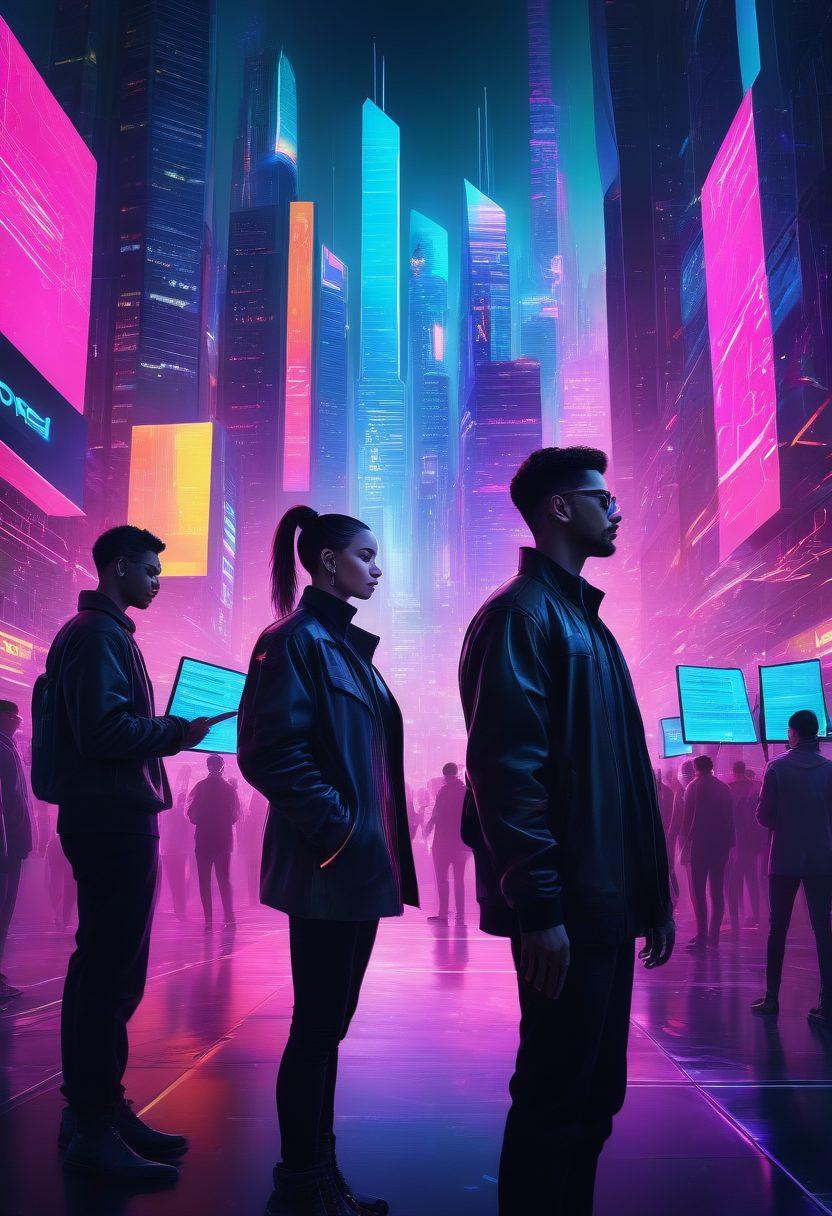Revolutionizing Music Sharing: The Future of Peer-to-Peer Networks and Open-Source File Transfer
In a world where music is just a click away, the peer-to-peer revolution has taken the music downloads landscape by storm. Remember the early days of file sharing with platforms like LimeWire? Back then, sharing songs with your friends was as easy as dragging a file into a shared folder. With the rise of P2P networks, there is now an entire universe of digital content waiting to be unlocked. In this age of internet connectivity, music sharing is no longer just about getting songs to your playlist – it’s about redefining how we experience and distribute sound.
The beauty of peer-to-peer technology lies in its ability to empower individuals. Just imagine a world where artists can distribute their music directly to their fans without intermediaries. Whether it's through open-source file sharing platforms or torrenting, creators can choose how their work is shared and consumed. It's a fascinating shift in content distribution; no longer do we rely solely on record labels and streaming giants. Instead, we embrace a communal approach to media sharing, creating a vibrant ecosystem of shared creativity. Isn't it exciting to think about how this can help up-and-coming artists reach audiences they wouldn't have been able to connect with otherwise?
With the evolution of file transfer methods and online sharing platforms, consumers today have unprecedented access to digital media. This has dramatically transformed the music downloads scene, making almost any album or single available at our fingertips. However, it also raises intriguing questions about the future of music ownership. Are we simply borrowing tracks from an endless library? Or are we part of a new digital age where sharing becomes the norm? If we’re living in an era where cloud sharing and streaming services dominate our day-to-day listening habits, what does that mean for traditional downloads?
As we dive deeper into multimedia sharing, it's crucial to recognize that while convenience is a significant perk, it doesn't come without its challenges. The P2P network model often faces scrutiny regarding copyright laws and the implications of illegal file distribution. However, the rise of open-source file sharing aims to address these concerns by promoting ethical practices in digital downloads. As users, we must ponder: How can we take advantage of these advancements while still supporting our favorite artists?
Ultimately, the peer-to-peer revolution is changing the way we interact with music and artists. From enhanced data exchange to improved access to diverse genres, this new wave of music sharing offers opportunities for growth and creativity. As internet connectivity continues to evolve, so will the methods through which we engage with our favorite tracks. Whether it’s through traditional downloads or pioneering streaming services, one thing is for sure – our love for music will always find a way to flourish, no matter the platform. So, what are you waiting for? Dive in, explore the possibilities, and unlock the musical vault that awaits us all.
From LimeWire to Today's Streaming: The Evolution of Open-Source Music Sharing
In the realm of digital downloads, few names evoke nostalgia like LimeWire. Ah, LimeWire—how many of us remember the thrill of a fresh file sharing session, the excitement of discovering new music, or the frustration of waiting through slow downloads? The application was a pioneer in the world of peer-to-peer (P2P) networks, revolutionizing how we shared and consumed music. Fast forward to today, and we find ourselves in a world where streaming reigns supreme, but the evolution of open-source music sharing shows us just how far we’ve come in this fascinating journey.
Once upon a time, the music sharing landscape was dominated by innovative programs like LimeWire and Kazaa, which allowed users to connect and share their favorite songs through a decentralized P2P network. This enabled everyone from aspiring artists to avid fans to tap into a world of digital content that was just a click away. But these platforms were not without their critics; as the joys of multimedia sharing were often overshadowed by concerns over copyright infringement and legal battles. What happens to community-driven art when profit and protection become the priority?
As internet connectivity improved and the digital landscape shifted, so too did our methods of file distribution. From the chaotic yet exhilarating days of torrenting to today’s streamlined approaches like cloud sharing and robust streaming services, the evolution of music sharing has been seismic. Streaming platforms have made it easy to access vast libraries of music, ensuring that we can listen wherever we go. However, does the convenience of streaming overlook the essence of discovery that characterized earlier file transfers?
Engagement and community have always been the heart of music sharing, from the days of LimeWire to the interconnected world of social media today. What if we could reclaim the essence of those earlier P2P networks while embracing modern-day technologies? Imagine a platform where open-source file sharing meets community interest—a space that fosters collaboration among artists while ensuring that everyone involved benefits fairly from their hard work. Could this be the key to sustainable music sharing in the digital age?
The future of music sharing lies in bridging these two worlds: the efficient, instant nature of streaming and the grassroots communal spirit of P2P sharing. By harnessing open-source technologies, we can create a more equitable system of content distribution. It invites a question worth contemplating: how can we, as users, not only consume music but also participate actively in its production and dissemination? As we navigate the challenges of music downloads, let us embrace innovative solutions that respect artistic integrity while enriching the listening experience.
Seamless Sharing: The Future of File Transfer and Digital Content Distribution in Music
In recent years, the landscape of music sharing has undergone a remarkable transformation. Gone are the days of clunky downloads from sites like LimeWire, where you often ended up with questionable files and a virus or two. Today, the world of digital downloads stands on the brink of a new era, one characterized by seamless file transfer and an invigorated approach to digital content distribution. So, what does the future hold for peer-to-peer networks and open-source file sharing in the realm of music?
Imagine a world where music downloads are as effortless as sharing a good cup of coffee with a friend. This future is not as far-fetched as it seems. Advances in internet connectivity and multimedia sharing technology are paving the way for a more streamlined experience. As we embrace streaming and cloud sharing, users are beginning to value the convenience of on-demand access over owning individual tracks. But the potential of P2P networks and torrenting remains untapped—how can these methods revitalize the music sharing landscape?
Enter the age of open-source file transfer. By leveraging decentralized systems, musicians can distribute their content directly to fans, bypassing traditional gatekeepers. This not only empowers artists but also reshapes the conversation around music ownership and rights management. Think about it—how can the traditional models of content distribution adapt to meet the needs of today's digital media consumers? It's a pivotal moment where artists and fans can redefine their relationship through direct engagement.
As we reflect on the past and consider the future, it's essential to acknowledge the lessons learned from file sharing platforms. They highlighted the importance of community in music sharing—because at its core, every great song deserves to be heard. Online sharing can create vibrant ecosystems where artists and listeners connect beyond mere transactions. The question remains: how can future models of file distribution embrace this spirit of community while maintaining respect for artists' rights?
The future of digital content is exciting, filled with potential for innovation and creativity. It beckons us to reconsider how we engage with music and the platforms we choose to utilize. The rise of P2P networks and open-source file transfer could revolutionize the way we experience music—offering authenticity, accessibility, and an invitation to participate in something greater. So, are you ready to embark on this journey of seamless sharing and experience music in a whole new way?


